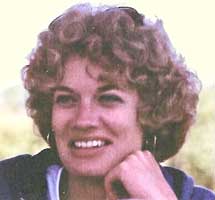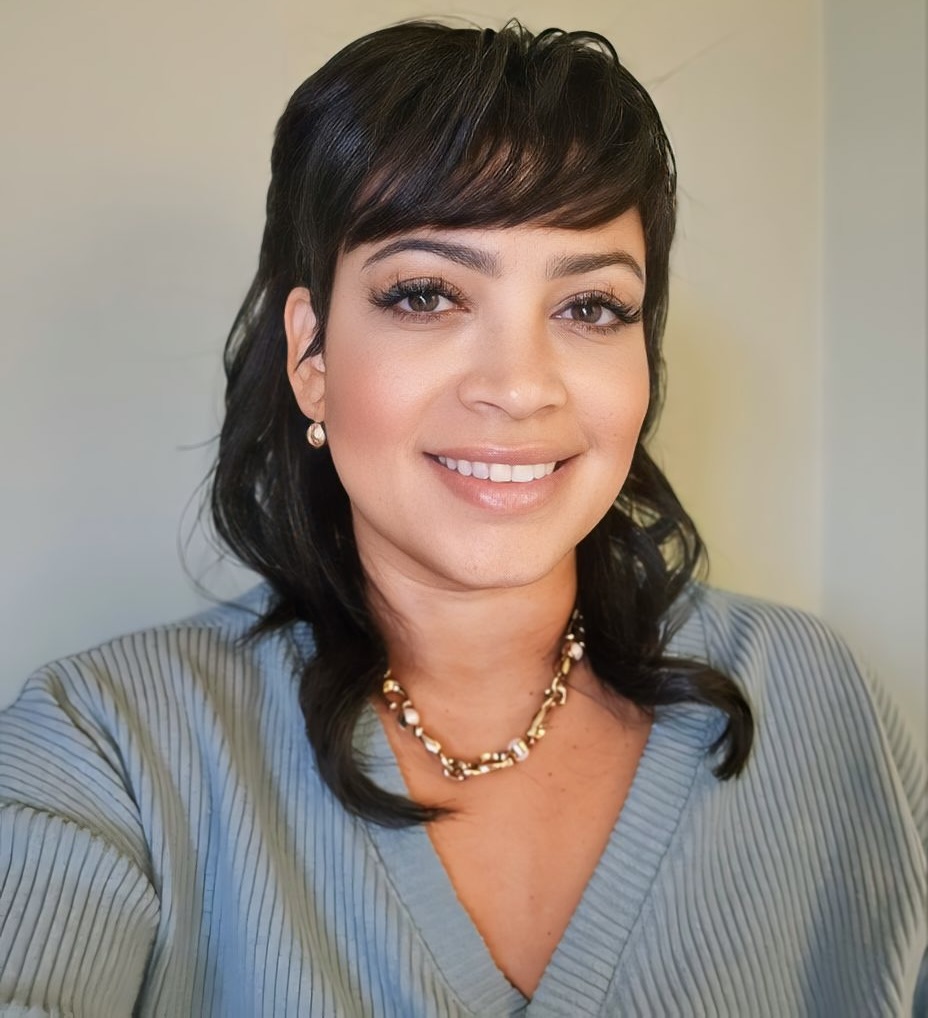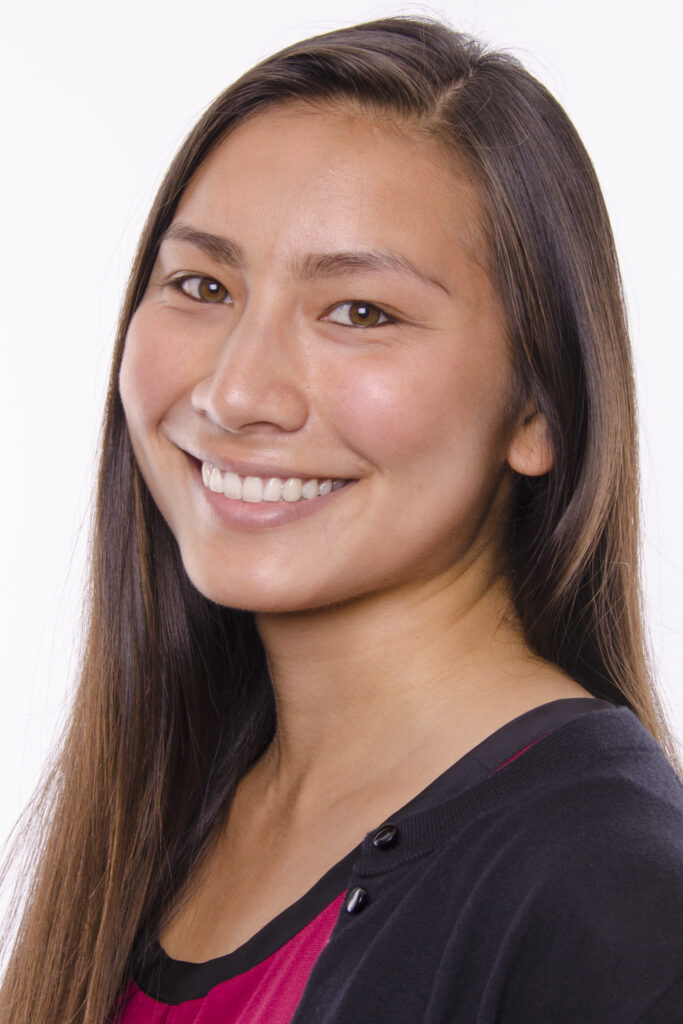Pursuing a doctorate at Harvard would be challenging enough for most people.
But Vernon-James Riley, whom we honored in 2008, has launched an ambitious education consulting venture, VJR Consulting Firm, while studying at the prestigious university in Cambridge, Mass.
In 2024, Mr. Riley and his team of eight education professionals worked with clients in more than a dozen cities from Massachusetts to Texas. The firm helps schools to accelerate teacher development, refine leadership practices, and strengthen instructional systems.
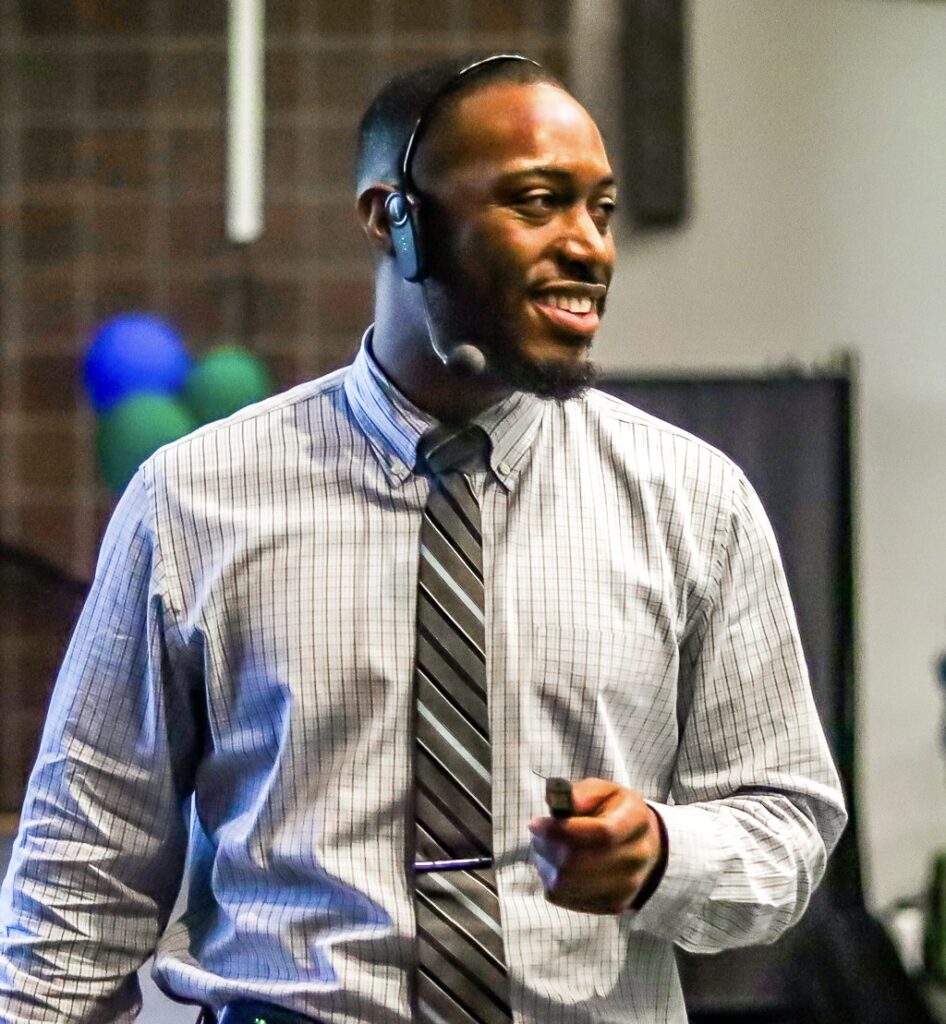
Vernon-James Riley
Alma Exley Scholar at Yale
We introduced Mr. Riley as an Alma Exley Scholar while he was an undergraduate at Yale. His proud grandmother, Ruby Riley, who had raised him, had taken the train from Harlem to join in the celebration in Hartford.

Ruby Riley with Vernon-James at scholarship celebration.
Advanced Degrees
He went on to earn master’s degrees from Michigan State, Teachers’ College at Columbia University, and Relay Graduate School of Education.
He began his career as a teacher in Brooklyn, N.Y, and served in school leadership positions in Mount Vernon, N.Y., and Newark, N.J. Before returning to his studies, he served and supported leaders across the country in several roles at the Relay Graduate School of Education.
Expertise in Professional Development
VJR Consulting supports school and system leaders with developing the mindsets, skills, habits, and systems for transformative instructional leadership. Strengthening the capabilities of these educators has produced measurable improvements in student achievement.
Last year, the firm provided training and coaching to educators in nine cities, having an impact on more than 200,000 students. The firm also partnered with educational organizations to deliver professional development in 10 additional cities.
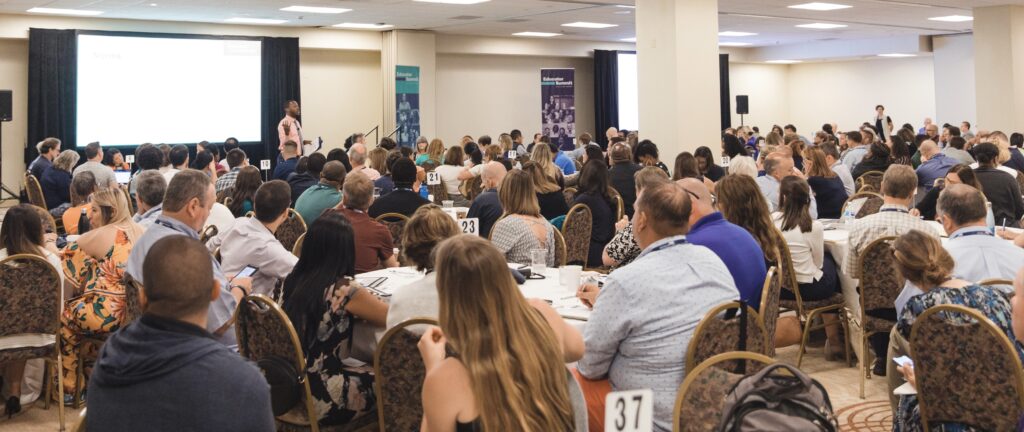
Vernon-James Riley conducting professional-development session for educators.
Supporting Development of Leaders
How did Mr. Riley get started as an education consultant?
“I had done some consulting work prior to Harvard,” he told me. “But it accelerated once I began my doctoral program, in part because I wanted to continue the work.
“I loved supporting schools through leader development,” he said. “But also, I was motivated by the very real reason that I needed to supplement my small doctoral stipend.”
Growing the Business
“Initially, the work began to build organically, mostly through word-of-mouth referrals. People assumed that since I had gone back to school, I might have time to work on projects. Others, who had worked with me through my previous employer, wanted to keep working with me directly.
“Once I realized there was a need for my expertise in the field, I founded the firm as an LLC in 2023. I then began to reach out to individuals in my network who knew the caliber of my work. Only recently have I begun to build a social media presence and try to market my firm to organizations I may not yet know.”
Positive Results
Whether it’s providing professional learning, offering executive coaching, or facilitating strategic planning, VJR Consulting has gained a reputation as a valuable resource for educators.
The firm has trained more than 10,000 educators in well over a dozen cities across the country and in the United Kingdom. Coaching school leadership teams in nine urban districts has resulted in double-digit gains in student performance in mathematics and/or English language arts in a single year.
Please join me in congratulating Vernon-James Riley on launching a successful business while pursuing his doctorate.
Or he may be reached on social media at https://linktr.ee/vjrconsulting
After May we’ll be calling him Dr. Riley.
- Woody Exley

Vernon-James with Ruby Riley at Alma Exley scholarship event.
